Every year we dump a massive 15 thousand tons of waste in the UK. This stunning amount of rubbish is generated partly because 99 per cent of the stuff we buy goes in the landfill within 6 months and partly because recycling services are still not widely available.
But how can we reduce our waste without disturbing our lifestyles and have family and friends onboard?
A good start is to have a discussion with everyone who may be impacted by these changes (at home or work) and get them onboard to help you in achieving your goal. Also, it will be much easier for you if you create a set of realistic milestones to work towards and take it to your stride. For example, swapping to a more eco-friendly toothpaste can be a challenge because the taste and consistency are usually different from the ones we are used to.
The process of reducing waste takes time because it is about adopting a different lifestyle.
Keep in mind that reducing your waste is a process that takes time because it is more about adopting a different lifestyle. How much you can do to change your habits also depends on your situation, therefore, comparing yourself with others or stressing too much about it, won’t help you to achieve your goals.
There are a lot of things we can all do to reduce our waste footprint at our homes, workplaces and schools. Here are a few ideas you can try TODAY:
- Pop a reusable grocery bag in your handbag or in your car and ditch the plastic ones.
- Get a reusable water bottle to replace the disposable plastic ones.
- Use a travel mug / reusable coffee cup.
- Replace / refuse the plastic straws with paper/metal ones.
- Opt for only one general purpose cleaning product (an eco brand perhaps?) – or make your own.
- Opt for soap bars instead of liquid soap (or refill from a bulk store).
- Buy laundry soap in cardboard boxes avoid the ones which come in plastic containers.
- Next time you need a toothbrush get one in biodegradable/recyclable material.
- Swap plastic razors with safety razors.
- Throw a set of cutlery in your handbag to avoid using the single-use ones.
- Subsequently, have a small food container to hand for when you need a takeaway meal or a container for your leftover food when eating out.
- Cling film can be replaced by glass containers with lids or cloth dish covers.
- Avoid the use of aluminium foil by cooking in ovenproof dishes.
- Check if your council offers food waste services and start using it. You won’t need to buy plastic bin liners for your refuse bin if that’s the case because your rubbish won’t include food waste.
- Scrub your potatoes & veggies instead of peeling them to reduce food waste.
- Buy un-packaged food or food in glass/cardboard containers as much as possible.
- Switch off by the plug all the electric appliances when not in use.
- Take a shower instead of a bath (a ten-minute shower only uses 30 litres of water whereas the bath uses 80 litres)
- Boil only as much water as you need when using a kettle.
- Turn off the tap when brushing your teeth/washing your hands.

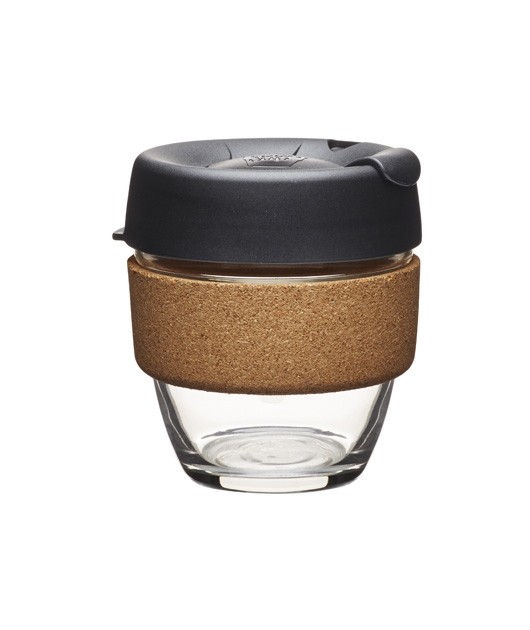
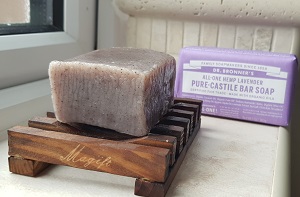

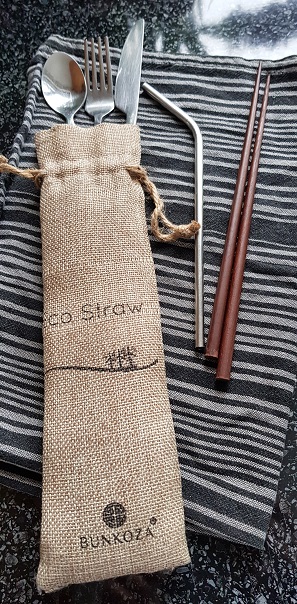
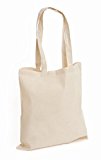
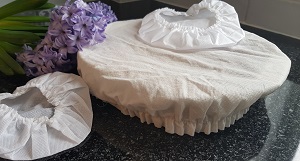

The following suggestions are zero waste swaps which may take longer to adopt:
- Make your own bread (perhaps invest in a bread maker machine).
- Replace self-hygiene products with zero waste/homemade ones. Cotton buds, makeup removal pads, menstrual pads/tampons etc can be replaced by more eco-friendly options such as biodegradable materials and reusable items.
- Use wooden or bamboo pot scrubbing brushes instead of kitchen scourers.
- Shop second hand when possible.
- Shop from your local market and opt for bulk.
- Instead of buying tinned food, (beans, chopped tomatoes etc), buy pulses in bulk pre-cook and freeze them.
- Prepare your lunch at home to avoid buying food in single-use packaging.
- Opt for loose tea and coffee.
- Create a meal plan and a shopping list for the week ahead to reduce your food waste.
- Do not over-stock your fridge/freezer to minimize the amount of food that goes out of date before it gets consumed.
- When grocery shopping remember to take your own containers to the meat/fish/cheese counter instead of buying the prepackaged options (consider a plant-based diet perhaps?).

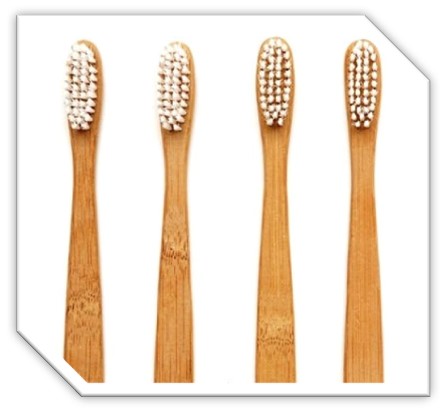
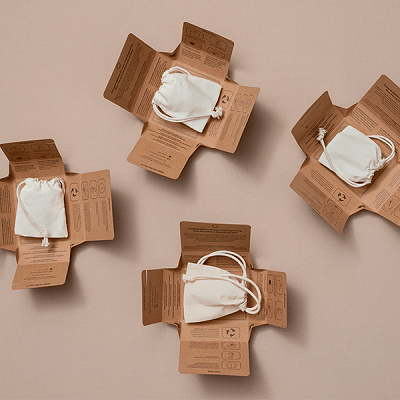
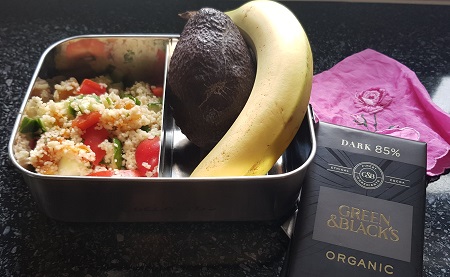
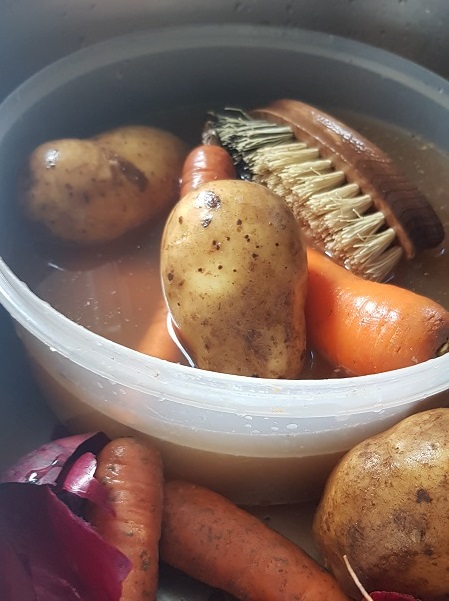
In today’s society, we have the illusion that everything is disposable. The relatively low prices and constant supply have made us lose our connection to where the products we buy come from and their true value.
Are you committed to reducing your waste? What are your favourite tips? Share in the comments below or get in touch with me on Twitter
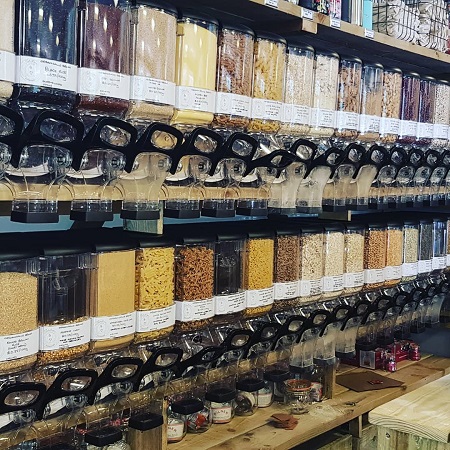


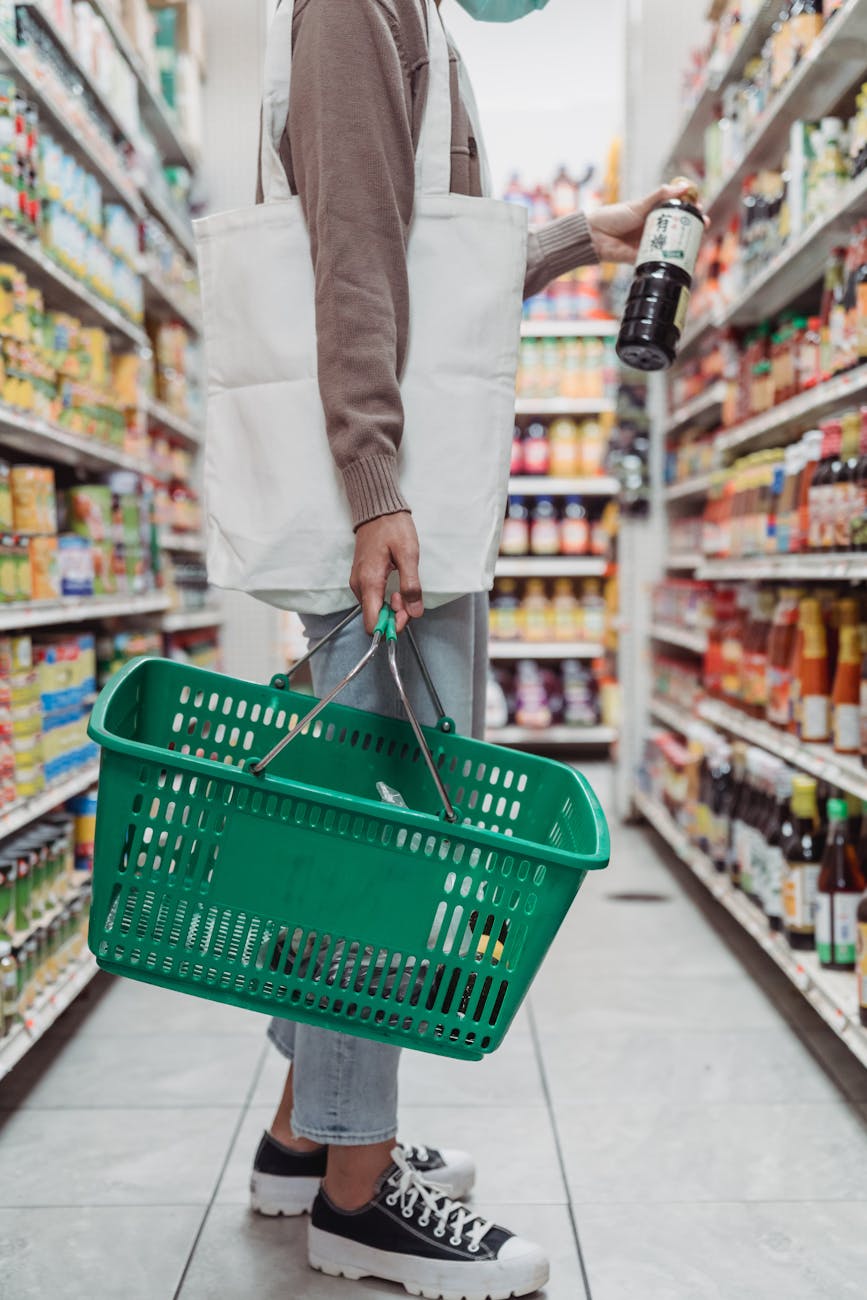


You must be logged in to post a comment.